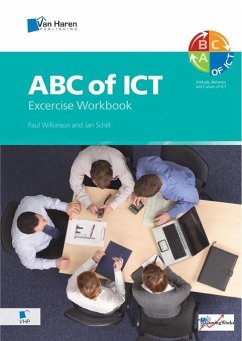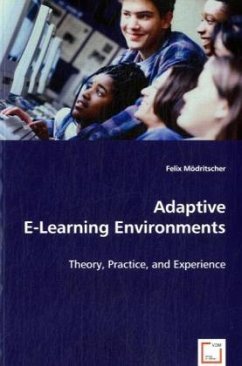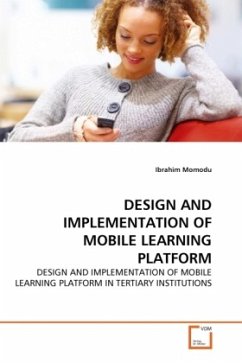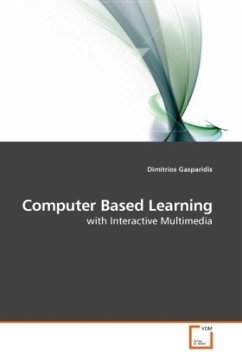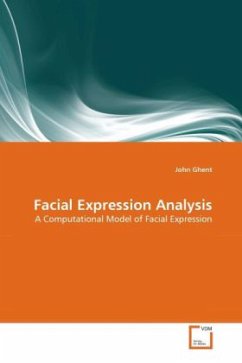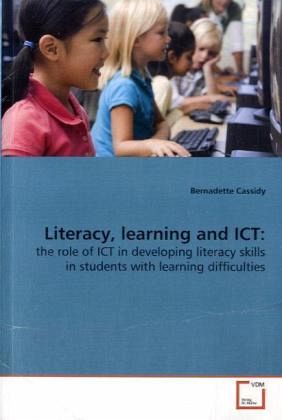
Literacy, learning and ICT:
the role of ICT in developing literacy skills in students with learning difficulties
Versandkostenfrei!
Versandfertig in 6-10 Tagen
52,99 €
inkl. MwSt.

PAYBACK Punkte
26 °P sammeln!
During the late 1980s and early 1990s there was a huge effort in the United Kingdom to increase ICT resources within the education sector based on the principle of a positive relationship between ICT and literacy levels. There had been some research into the literacy and ICT relationship within mainstream schools; but little research on the same topic in special schools with children and young people with learning difficulties. Theories of learning suggest all students need a range of learning resources including ICT. The question is whether ICT has particular relevance for those with learning...
During the late 1980s and early 1990s there was a
huge effort in the United Kingdom to increase ICT
resources within the education sector based on the
principle of a positive relationship between ICT and
literacy levels. There had been some research into
the literacy and ICT relationship within mainstream
schools; but little research on the same topic in
special schools with children and young people with
learning difficulties. Theories of learning suggest
all students need a range of learning resources
including ICT. The question is whether ICT has
particular relevance for those with learning
difficulties.
The findings suggest a disparity between
having an ICT policy and the practice of ICT. ICT
was being taught rather than utilised as a teaching
tool, furthermore, ICT did not appear to raise
literacy levels, and in the absence of a
comprehensive and holistic framework, ICT may lead
to the erosion of some skills in other aspects of
literacy.
The author concludes with the recommendation of an
evidence-based model for learning resources and
support provision which is student-centred and
describes a working model in practice.
huge effort in the United Kingdom to increase ICT
resources within the education sector based on the
principle of a positive relationship between ICT and
literacy levels. There had been some research into
the literacy and ICT relationship within mainstream
schools; but little research on the same topic in
special schools with children and young people with
learning difficulties. Theories of learning suggest
all students need a range of learning resources
including ICT. The question is whether ICT has
particular relevance for those with learning
difficulties.
The findings suggest a disparity between
having an ICT policy and the practice of ICT. ICT
was being taught rather than utilised as a teaching
tool, furthermore, ICT did not appear to raise
literacy levels, and in the absence of a
comprehensive and holistic framework, ICT may lead
to the erosion of some skills in other aspects of
literacy.
The author concludes with the recommendation of an
evidence-based model for learning resources and
support provision which is student-centred and
describes a working model in practice.



